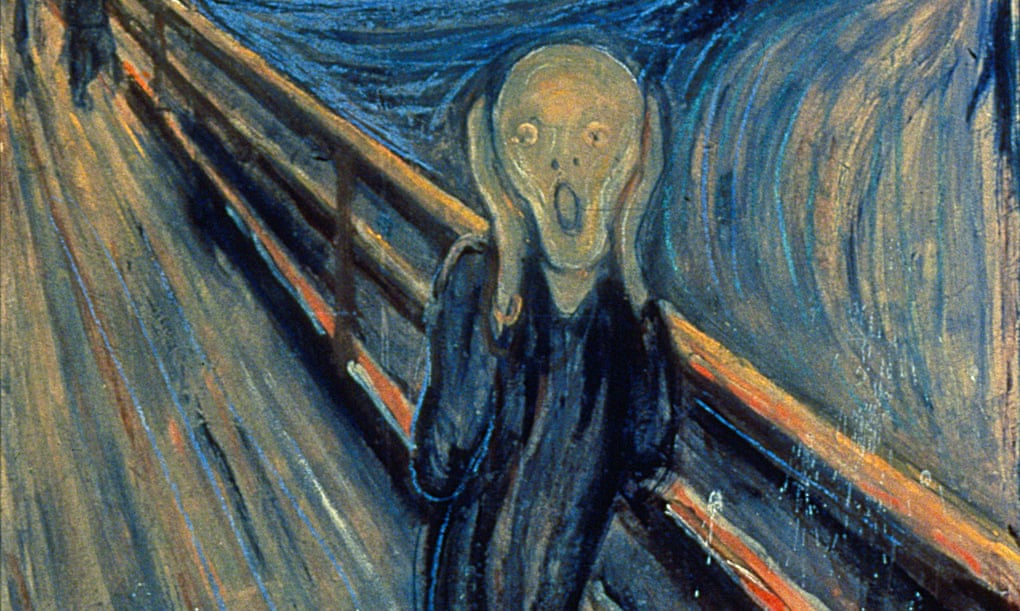|
Health insurance companies maintain networks of medical providers, which offer services at pre-negotiated rates. These networks promise predictability in expenses for the insurance company, but limit choice for patients and can constrain access to effective health care.
Patient choice is hampered when networks are small. While insurance companies advertise impressively long lists of providers who are in-network, some of these providers may have long waiting lists or be closed to new patients. Even worse, they may have ceased their relationship with the insurance company or stopped practicing altogether. The latter case is what's known as a "ghost network" of providers nominally listed as in-network, but who are not in fact available to provide in-network services. Ghost networks are particularly widespread in behavioral health. In two recent studies (see here and here) run by J. Wesley Boyd, a professor of psychiatry at Harvard Medical School, researchers contacted several hundred psychiatrists listed by Blue Cross Blue Shield as in-network providers. Of these, only about one-quarter were actually accepting new adult patients. Three-quarters were "ghosts" - either unreachable or not accepting new patients. Insurance companies should be required to actively maintain lists of in-network providers. Inflating networks by not removing unavailable providers exaggerates the benefits of an insurance policy and misleads patients regarding their access to care. Fortunately, state authorities in California and Massachusetts have taken action against certain insurance companies that fail this basic duty. The hope is that this issue grows in salience as a matter of national importance. Comments are closed.
|
Copyright © Apraku Psychiatry 2024


